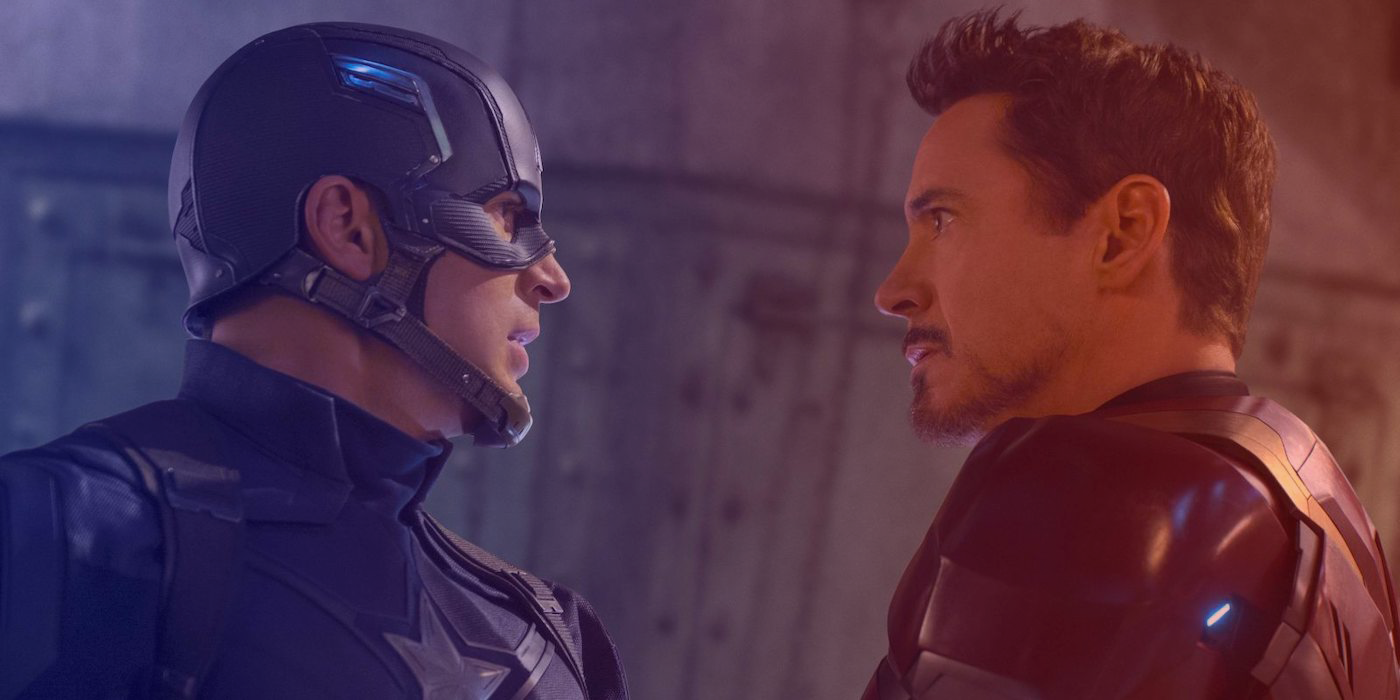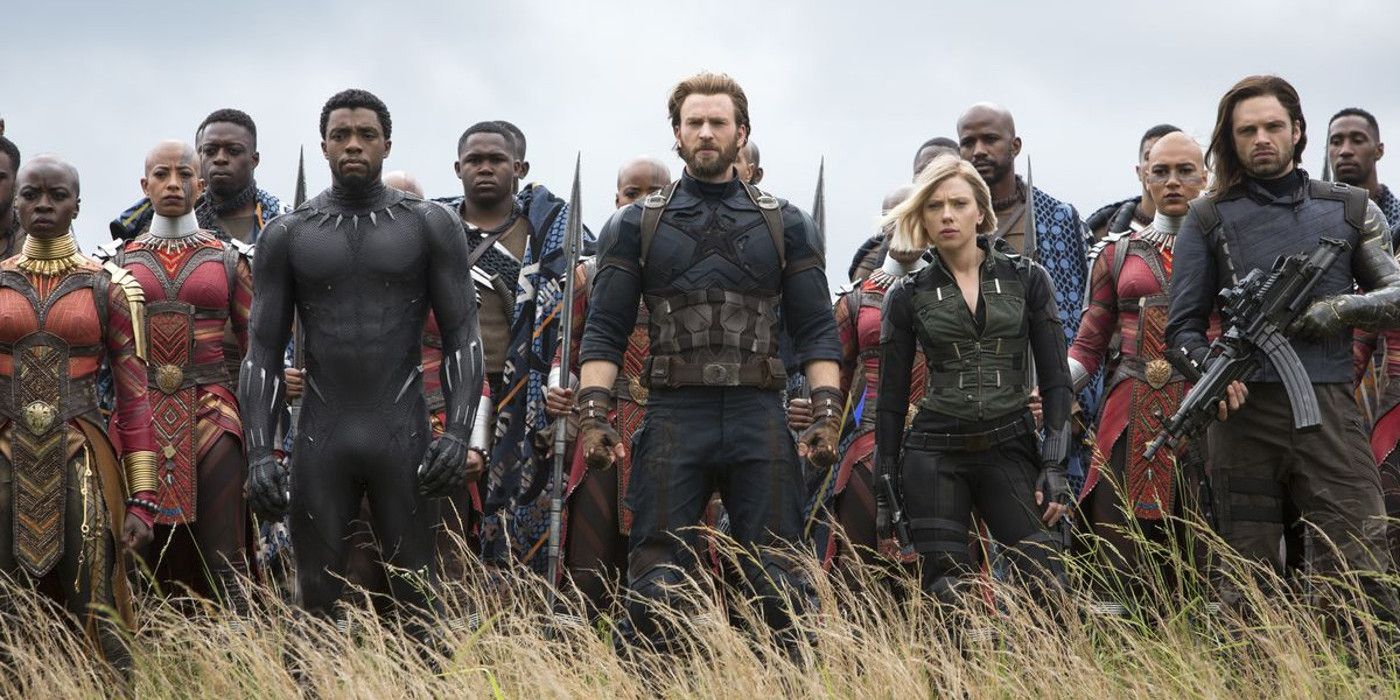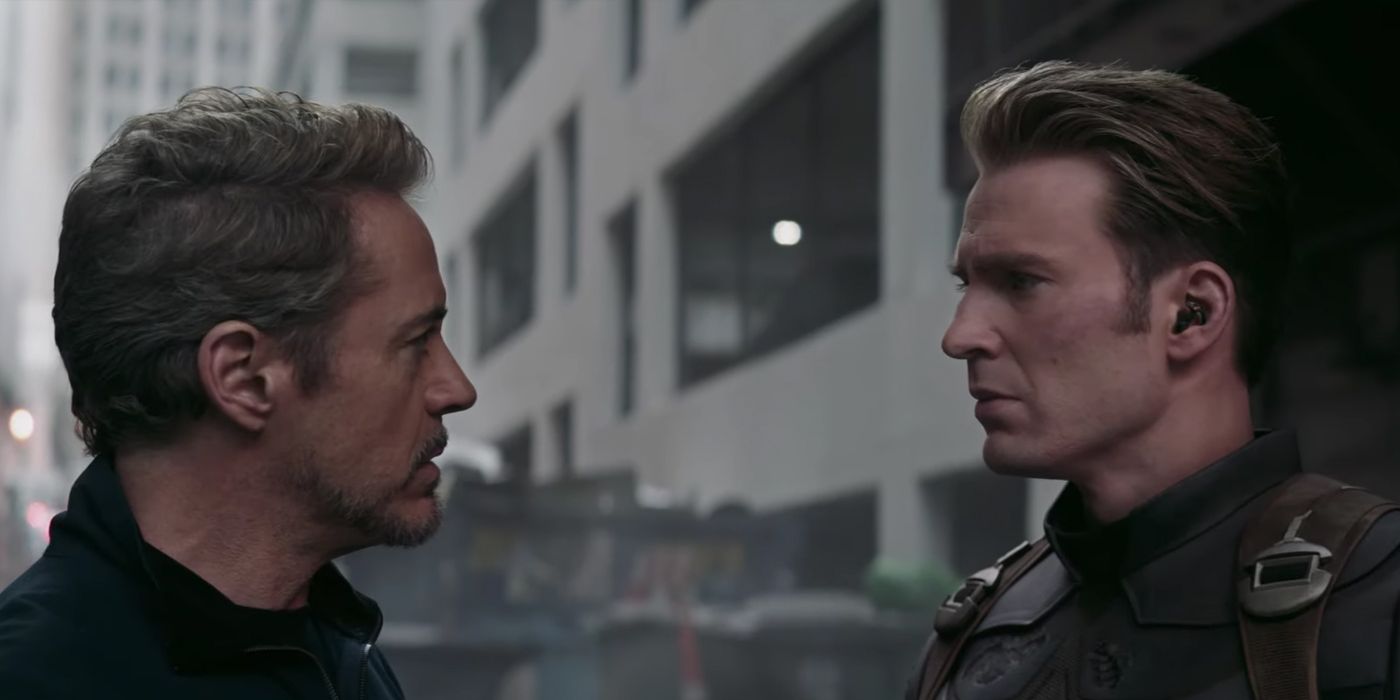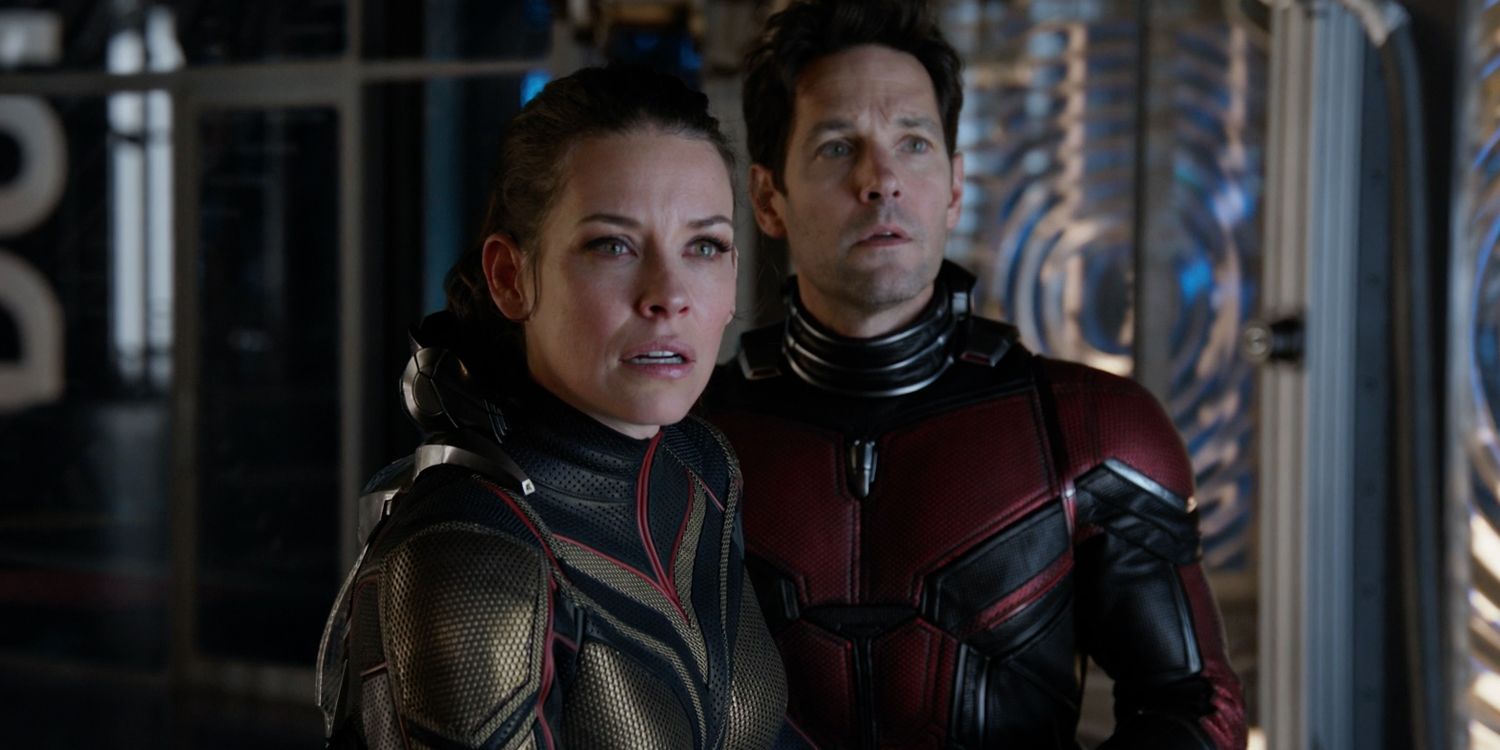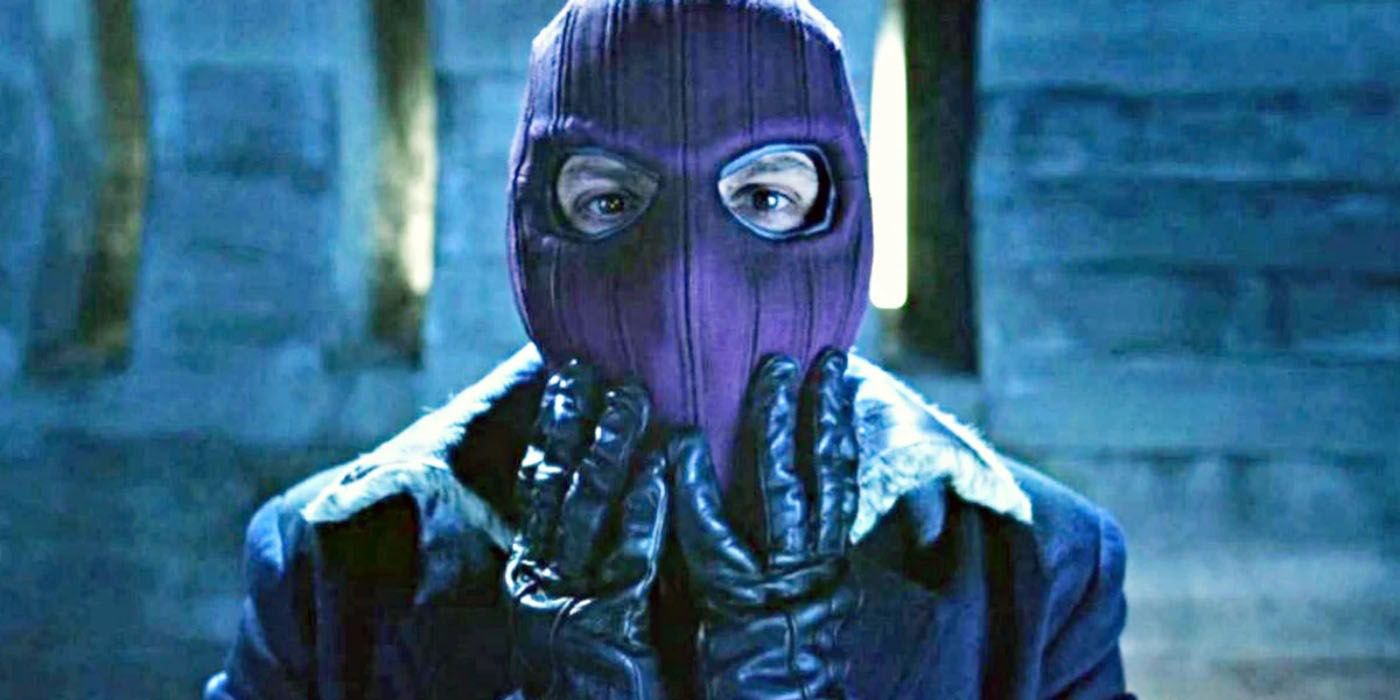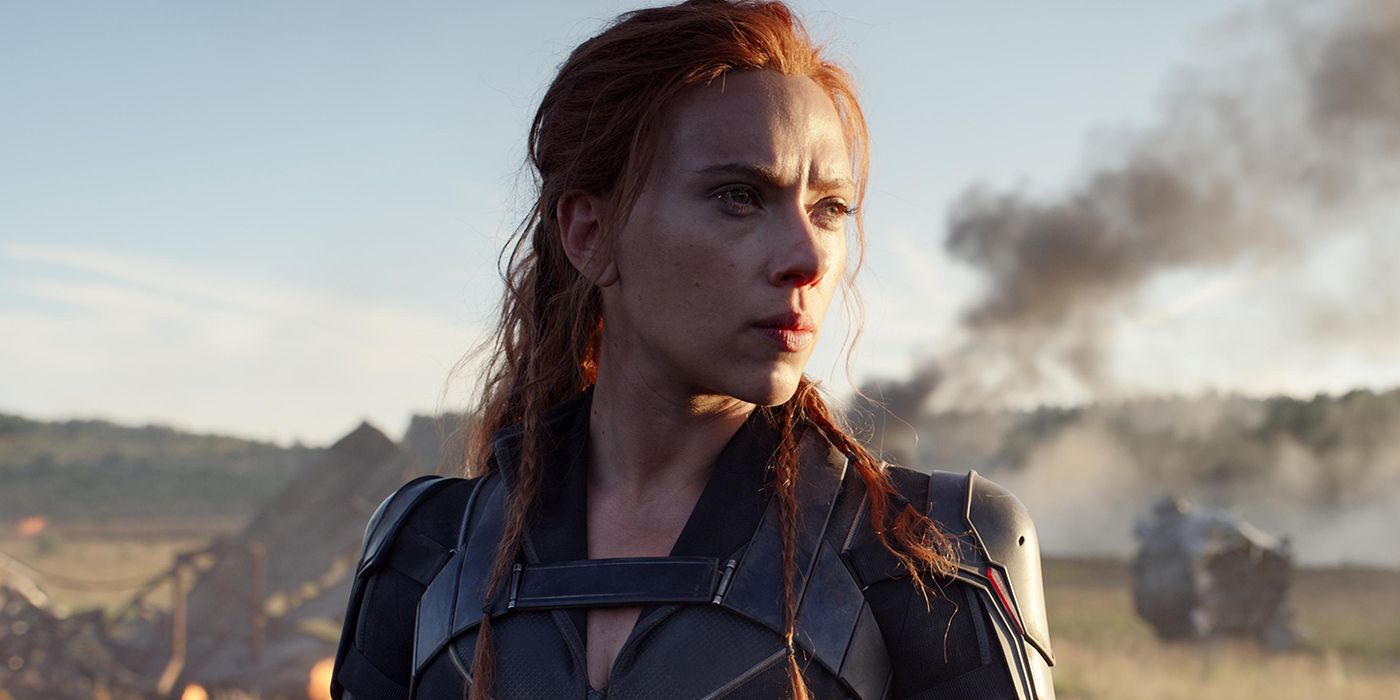If Captain America: Civil War's alternate ending had been accepted in place of the final cut, five MCU movies and shows wouldn’t have worked. Apparently, Captain America's bitter conflict with Iron Man almost had an amicable ending completely different to what actually happened in the movie. According to The Story of Marvel Studios: The Making of the Marvel Cinematic Universe, the Avengers nearly overcame their differences to defeat Baron Zemo at the end of the movie.
This was never the resolution that directors Anthony and Joe Russo intended. The Marvel Creative Committee didn't approve of the way they wanted to leave things with the Avengers, who had been split apart by Civil War's events. As a result, the Committee pushed for the cracks within the Avengers to be healed by the end of the film, with the team reassembling to “fight Baron Zemo and his squad of super soldiers in the film’s final act.” Interference from Kevin Feige ensured that Captain America: Civil War kept its original ending.
If Marvel had moved forward with the Committee’s proposal, there’s no question that Civil War would have been a different film. The fact that it didn’t end with a reconciliation between Captain America and Iron Man contributed greatly to its emotional impact. Furthermore, it would have changed the Marvel Cinematic Universe in some important ways. Civil War was far from a standalone chapter in the MCU's timeline. Most of the characters were profoundly affected, and their stories more than likely wouldn't have moved in the same directions.
Avengers: Infinity War
Much of what transpired in Avengers: Infinity War was a direct consequence of Civil War. In fact, Thanos’ victory may be owed at least partially to Steve Rogers falling out with Tony Stark, and the Avengers being subsequently divided into two units. Cap, Black Widow, Falcon, Scarlet Witch, and Winter Soldier had splintered off from the Avengers since they were all made fugitives by Captain America: Civil War's ending. Steve didn’t even get a single scene with Iron Man throughout the entire movie.
Eventually, most of the Avengers got on the same page and banded together in Wakanda to fight Thanos’ forces, but the issues they had and the fugitive status of Cap’s rebel group hung over their heads for most of the movie. There’s also a sense in Infinity War that the fight with Thanos could have had a better outcome had the Avengers been united from the very beginning. None of this would have been a factor if Civil War didn’t end the way it did.
Avengers: Endgame
As noted above, Captain America and Iron Man didn’t meet in Infinity War, meaning that the baggage from the MCU's still-raging Civil War was carried over into the events of Avengers: Endgame. The problems that Civil War created for the heroes weren’t fixed in a single movie, which is why it would have changed more than just one story. Cap’s team were no longer fighting each other and weren’t being treated like criminals on the run anymore, but the tension that had developed between them was still there, especially when the group visited Iron Man at his home to set up the film's memorable time heist. Since the original Avengers finally reuniting was an important part of their journey, this element would have been missing from the story if the dispute had been resolved in Civil War.
Ant-Man and the Wasp
Though not a part of the Captain America saga, Ant-Man and the Wasp followed Scott Lang's story shortly after the events of Civil War. It is Scott's decision to aid Steve Rogers' cause in the battle between the Avengers without seeking Wasp's aid that ultimately leads to their breakup. Their romantic relationship wasn't the only thing that suffered on account of what took place in Avengers: Endgame, as Scott choosing to stand with Captain America resulted in serious consequences with the law.
When the first Ant-Man movie ended Scott was still a free man, but his capture at the end of Civil War turned everything upside down for the character. Being put on house arrest created a number of obstacles that Scott had to maneuver around throughout Ant-Man and the Wasp. One of these obstacles came in the form of a new character named Jimmy Woo (Randall Park). Serving as his parole officer, Woo was someone Scott had to consistently avoid, and ultimately proved to be a likable new addition to the MCU. Presumably, Jimmy Woo would be totally absent from the sequel had the Avengers made peace.
The Falcon and the Winter Soldier
Sam Wilson and Bucky Barnes remained on the same side throughout The Falcon and the Winter Soldier, so their relationship wouldn’t have been affected by Captain America: Civil War's alternate ending, but the same can’t be said for Baron Zemo’s arc. For all intents and purposes, Zemo won in Civil War because he succeeded in dismantling the Avengers. All the trouble he single-handedly engineered is what made him such a hated character to people like Bucky; being forced to work with him would have culminated in a different dynamic if Zemo had simply lost in Civil War.
Another character that most likely would have been altered by the Committee's proposed ending is Sharon Carter. The twist about Sharon Carter turning out to be a secret MCU villain was motivated by Civil War. She tried to do the right thing by helping Steve, and unfortunately paid the price for it. It makes sense that if the Avengers resolved their issues in Civil War, they would have been able to work something out for Sharon too.
Related: Black Widow Was Better Without Its Cut Tony Stark Appearance
Black Widow
Natasha Romanoff's first and only solo adventure was set shortly after the events of Captain America: Civil War, which was already five years old by the time Black Widow released in 2021. The story hinged on Natasha being on the run, unable to rely on support from SHIELD or the Avengers. It was the sole reason why she had to escape from General Ross' men at the beginning of the story.
Her situation allowed the movie to offer a story that isolated her from the established MCU heroes and put more focus on her own character arc. This also gave Black Widow a chance to align Natasha with new supporting characters such as Red Guardian and Yelena Belova. Had Captain America: Civil War ended differently, Black Widow's setup would have likely been very different.

